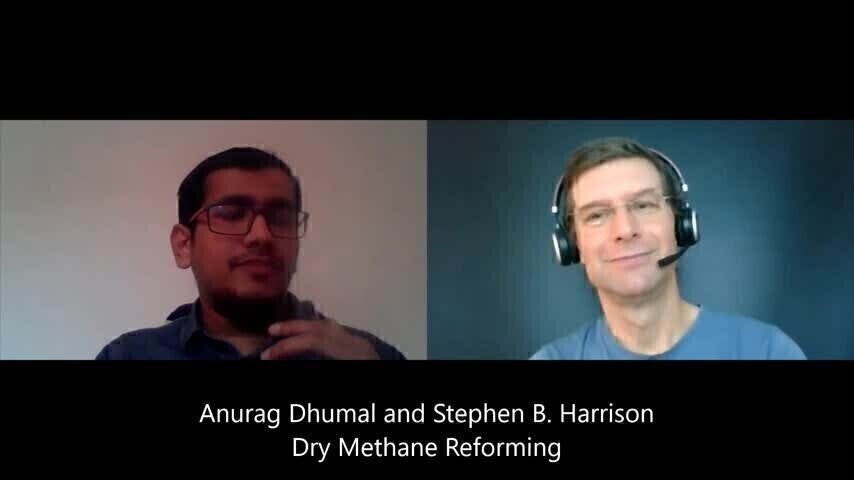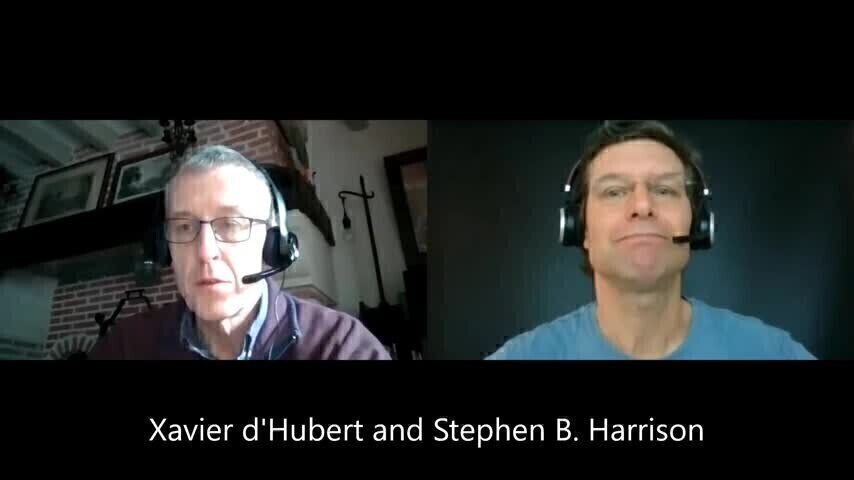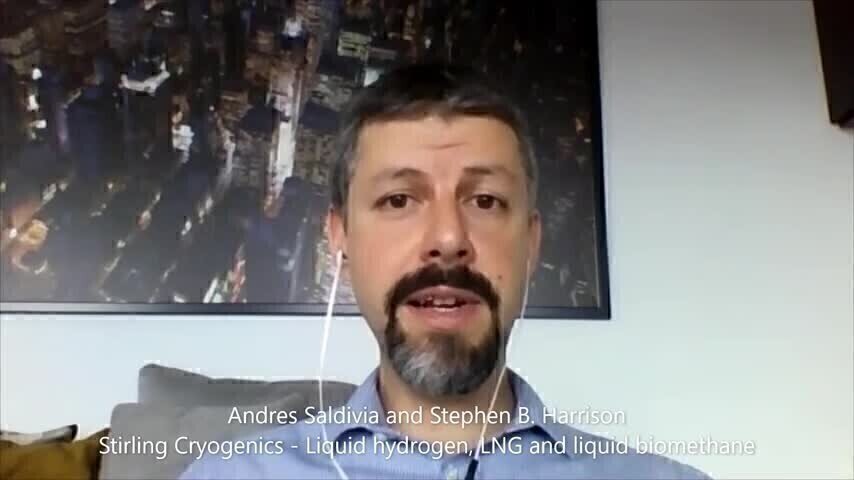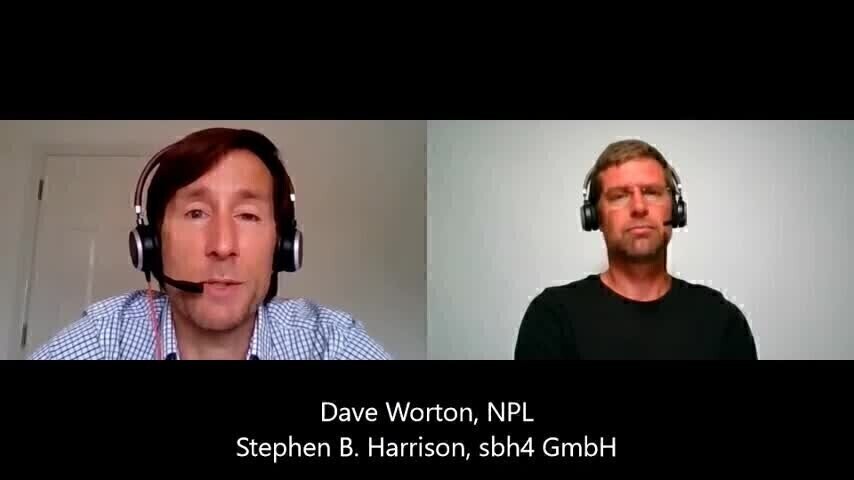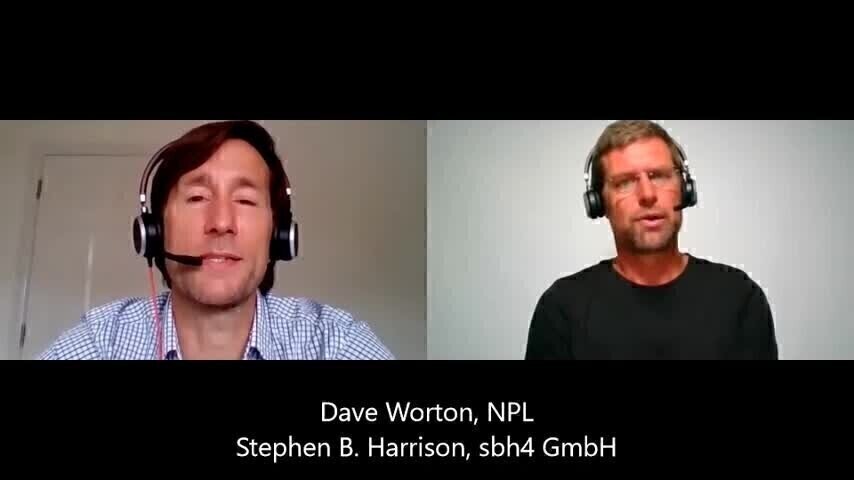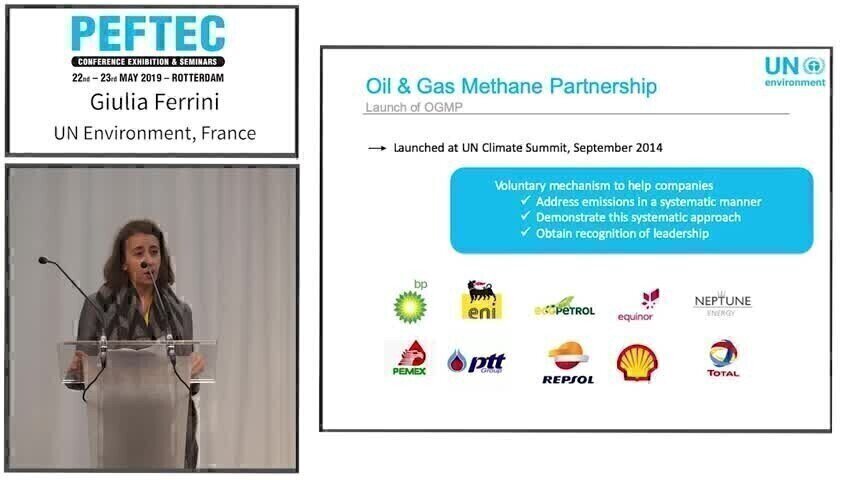Videos
Videos
Past Events
The use of chromatography in all of its forms is a powerful and widely recognized practice in petrochemical research. Due to the continuous optimization of instrumentation and columns, substantial progress in terms of separation efficiency and selectivity, speed of analysis, and sensitivity has been made over the last decades. Many petrochemical products and derivatives thereof are generally complex due to presence of a large number of compounds with varying physicochemical properties. Moreov...
In this presentation, multidimensional GC configurations will be discussed for different petrochemical analyses. This will include classical heart-cut two-dimensional GC (2D-GC), whereby selected fractions from a high resolution first dimension separation are transferred to a high resolution second dimension separation, as well as comprehensive GC (GCxGC), whereby the entire sample is separated on a high resolution first dimension and a fast (low resolution) second dimension. The complementar...
The detection and quantification of fugitive and diffuse methane emissions has become an increasing priority in recent years. As the requirements for routine measurement to support industry initiatives increase there is a growing requirement to assess and validate the performance of fugitive emission measurement technologies. For reported emissions traceability and comparability of measurements is important. This talk will present recent work on addressing these needs. Differential Absor...
If you're looking for professional advice on methane analysis by means of an open-path laser-absorption spectrometer or laser-dispersion spectroscopy, follow the links for the relevant e-Learnings. Similarly, if you're in need of information on hyperspectral infra-red imaging for any-state methane, take a look at Jean-Phillipe Gagnon of Telops Inc.'s lecture on the topic. Finally, click through to find an overview of new sensor technologies for methane analysis. Tunable diode...
If you're looking for professional advice on methane analysis by means of an open-path laser-absorption spectrometer, follow the link for the relevant e-Learning. Similarly, if you're in need of information on hyperspectral infra-red imaging for any-state methane, take a look at Jean-Phillipe Gagnon of Telops Inc.'s lecture on the topic. Finally, click through to find an overview of new sensor technologies for methane analysis. Laser Dispersion Spectroscopy (LDS), is a new gas...
If you're looking for professional advice on methane analysis by means of an open-path laser-absorption spectrometer or a mid-infrared tunable-diode laser spectroscope, follow the links for the relevant e-Learnings. Similarly, if you're in need of information on hyperspectral infra-red imaging for any-state methane, take a look at Jean-Phillipe Gagnon of Telops Inc.'s lecture on the topic. In 2014 the US Department of Energy's ARPA-E program initiated MONITOR, a 45M US$ investmen...
We present a case study of a validation experiment to characterise the precision and uncertainty constraints of a newly developed mass balancing flux calculation method, using in situ measurements of methane concentration sampled by an unmanned aerial vehicle (UAV) platform. This case study (funded by the UK Environment Agency) was conducted by the University of Manchester and National Physical Laboratory with assistance from the UK Met Office at its Cardington research facility. The aim...
With the ongoing integration of biogas and other biofuels into existing energy infrastructure, there is a focus on the need to establish rigorous technical specifications for biogas and biomethane. Such regulatory framework requires the determination of the biogenic content of gases consisting of both biogenic and natural gas. One potential tool for making this determination is stable isotope analysis. The isotopic composition of natural gas and biogas varies significantly, with the isotopic...
National Grid Plc is incentivised by the Office of Gas and Electricity Markets (Ofgem) to conduct research into new techniques to enable National Grid Gas (NGG) to improve understanding and transparency, and allow for cost-effective mitigation, of greenhouse gas (GHG) venting on the National Transmission System (NTS). The mechanism by which this is done is special condition 8J of the Gas Transporters Licence, the Greenhouse Gas Investigation Mechanism (GHGIM). Since 2008 NGG has conducted...
If you'd like professional advice on the estimation of methane emissions at natural gas plants or along the distribution grid, follow the link to a presentation on the GERG Project. Similarly, if you're in need of strategies for abating methane leakage in natural gas networks, click through to reveal another e-Learning on the topic. Finally, if you're looking for a broader overview of methane emissions and the current state of scientific knowledge, check out Adam Brandt of Stanford Unive...
Digital Edition
PIN 25.5 Oct/Nov 2024
November 2024
Analytical Instrumentation - Picturing Viscosity – How Can a Viscometer or a Rheometer Benefit You? - Sustainable Grease Formulations: Evaluating Key Performance Parameters and Testing Method...
View all digital editions
Events
Dec 03 2024 Dusseldorf, Germany
Dec 08 2024 Anaheim, CA, USA
Turkey & Black Sea Oil and Gas
Dec 11 2024 Istanbul, Turkey
Dec 19 2024 Aurangabad, India
Jan 20 2025 San Diego, CA, USA
